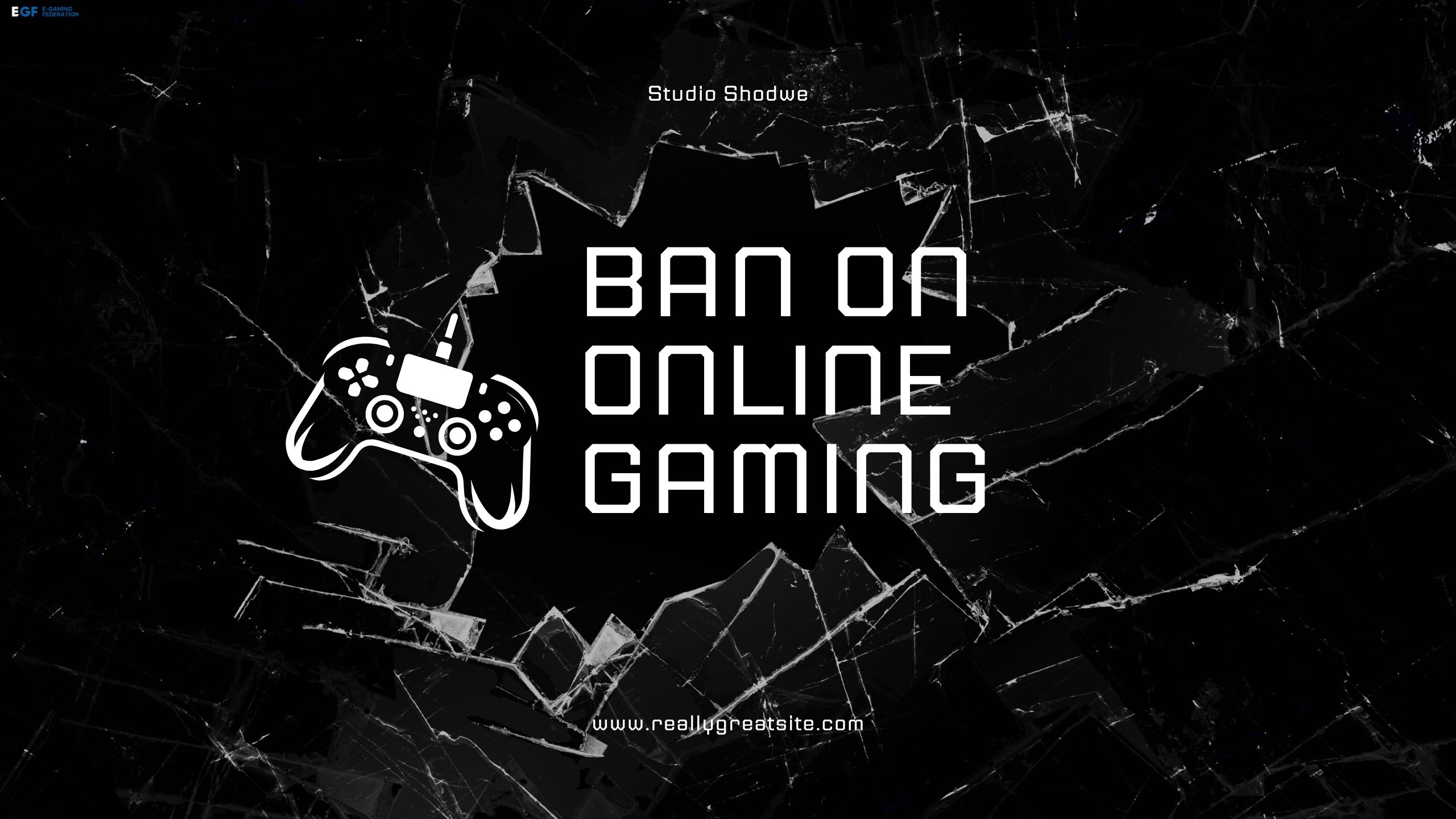The debate on the ban of online gaming has heated up, especially since a number of states have been working out how to regulate this growth industry. This is not just a debate about the ban of games; it is the interplay of a variety of socio-economic and legal factors affecting the gaming community in general.
Understanding the Ban on Online Gaming
The reasons for the ban on online gaming world widen the scope for concern by addiction to lifetime problems of mental health and even the effect on society as a whole. They point out that online gaming addiction is on the same level as substance addiction and thus poses adverse effects on the mental and physical health and well-being of the players. Increased gaming hours lead to increased risks of anxiety disorders, the onset of depressive disorders, and reduced physical activity, and these are now becoming a serious problem for public health.
However, online gaming proponents support the activity by citing its positive impacts on cognitive skill development and social interaction. For this, online gaming acts as a platform for social engagement, where people connect with each other across geographical boundaries.
Gaming Regulations’ Role
The element of gaming regulation crops up as the debate proceeds. Many states have sought on several occasions to ban or restrict online gaming by classifying games of skill or chance. For instance, courts have distinguished between skill-based games like poker and rummy and those considered to be based on chance alone in recent judgments. This becomes important in setting the legal framework in which online gaming will progress.
The recent orders of the Madras High Court speak eloquently about how states look upon the issues in attempting regulation of online gaming: that even as a ban is possibly relatable to being about games of chance, skill-based games cannot have a blanket ban imposed, while the above legal jurisdiction does point at the different requirements of online gaming recognizing regulations.
Besides that, there are also increasing calls for more centralized regulation. Proponents argue that one standardized set of regulations would provide a way to both advance the growth of the industry and protect players. Such gaming regulations would help address issues of data privacy and fair play without using blanket bans, which will only force the industry underground.
Implications for the Gaming Community
This goes to the very heart of the ongoing debate on banning online gaming. A repressive regulatory environment will suppress innovation and access to legitimate gaming sites. Conversely, well-structured regulation would uplift player protection and foster responsible gaming behavior.
Moreover, with organizations such as the EGF advocating responsible gaming within the industry, a balance needs to be struck between regulations and freedom. The balance will be to create an environment where players can have fun online without falling into gaming pitfalls.
Conclusion
The ban on online gaming has become a very serious topic that involves several different sides and requires weighing both its risks and rewards carefully. As states move further into the complexities, the future of online gaming will depend considerably on how well they put into place regulations on gaming that protect players while allowing the industry to grow.


